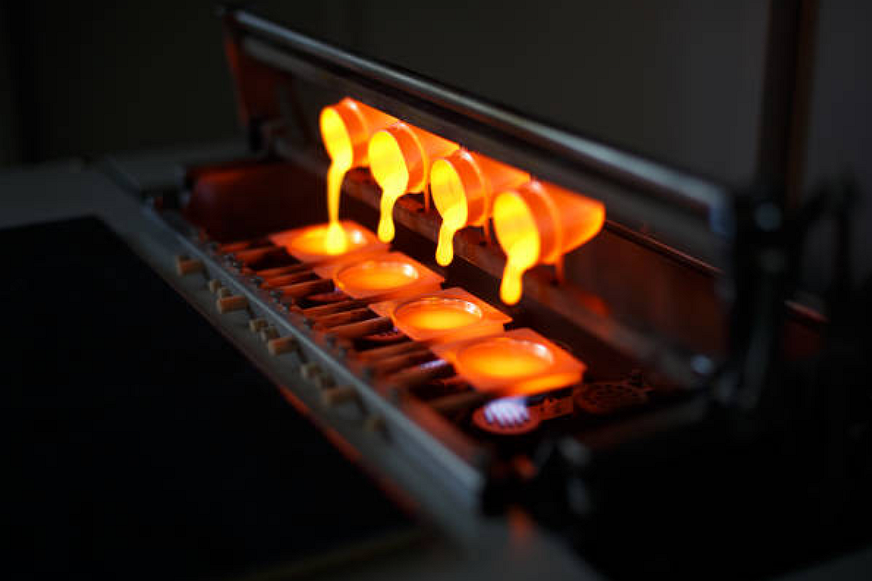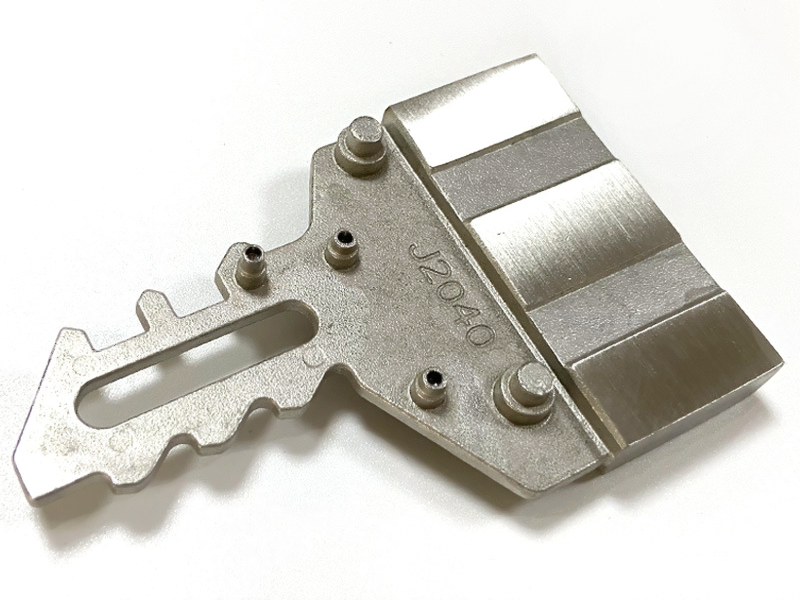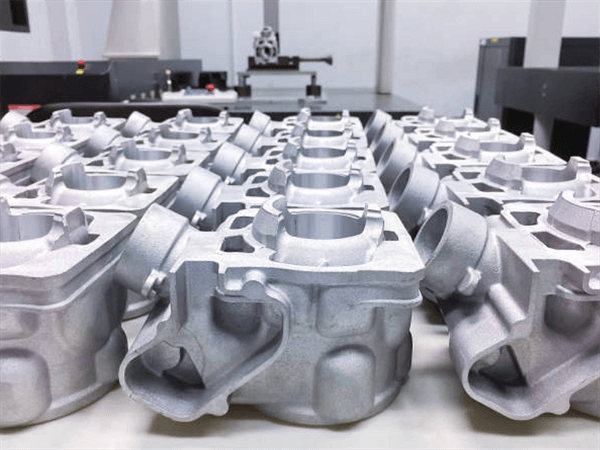What industries commonly benefit from custom gravity casting finish?
Understanding the Value of Custom Gravity Casting
As a manufacturing engineer at Neway, I often recommend our gravity casting service for applications that demand strong mechanical properties and precise dimensional consistency. This process utilizes permanent molds to produce dense, high-integrity metal components ideal for critical industries where structural reliability and aesthetic surface finishes are key performance factors. By carefully selecting alloys and optimizing cooling rates, gravity casting allows us to deliver parts with minimal porosity, superior surface detail, and tight tolerance control.
Manufacturing Processes that Complement Gravity Casting
To enhance performance and efficiency, gravity casting is often integrated with other manufacturing processes such as CNC machining prototyping, investment casting, and precision casting. When lightweight prototypes are required, 3D printing prototyping helps validate complex designs before tooling. For components requiring thin-walled geometry or refined detail, aluminum die casting is an efficient companion process. Additionally, sheet metal fabrication is used to create housings or enclosures that integrate perfectly with gravity-cast parts.
Surface Treatment Enhancements for Superior Appearance and Durability
Custom gravity casting finishes are frequently refined through advanced anodizing and powder coating. Anodizing offers excellent corrosion resistance for aluminum alloys and enhances the visual appeal for decorative or outdoor applications. Powder coating adds color, texture, and protective layers that improve abrasion resistance and part longevity. These treatments not only elevate the product’s aesthetic value but also extend the lifespan of components in demanding industrial environments.
Materials Commonly Used in Gravity Casting
At Neway, we process a broad range of materials suitable for gravity casting, including A356 aluminum alloy for high fluidity and strength balance, B390 alloy for excellent wear resistance, and 383 (ADC12) for complex thin-walled parts. For applications demanding higher strength-to-weight ratios, magnesium alloys and copper alloys provide superior performance. Each alloy is chosen based on functional requirements, casting complexity, and desired surface finish.
Key Industries Benefiting from Custom Gravity Casting
Gravity casting is widely used across industries where durability, precision, and appearance are essential. The automotive sector utilizes this process for engine housings, brake components, and transmission covers due to its balance of strength and light weight. In the aerospace industry, gravity-cast aluminum or magnesium parts serve in structural and mechanical subsystems that require high integrity under stress. The energy industry also benefits from corrosion-resistant and heat-tolerant castings for turbines and electrical housings. These sectors rely on the repeatable quality and flexibility of custom finishes to meet performance, regulatory, and aesthetic standards.



